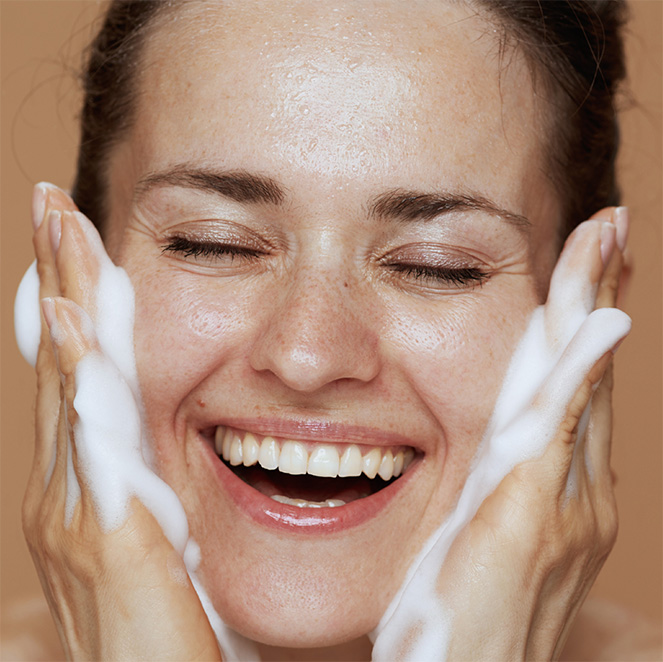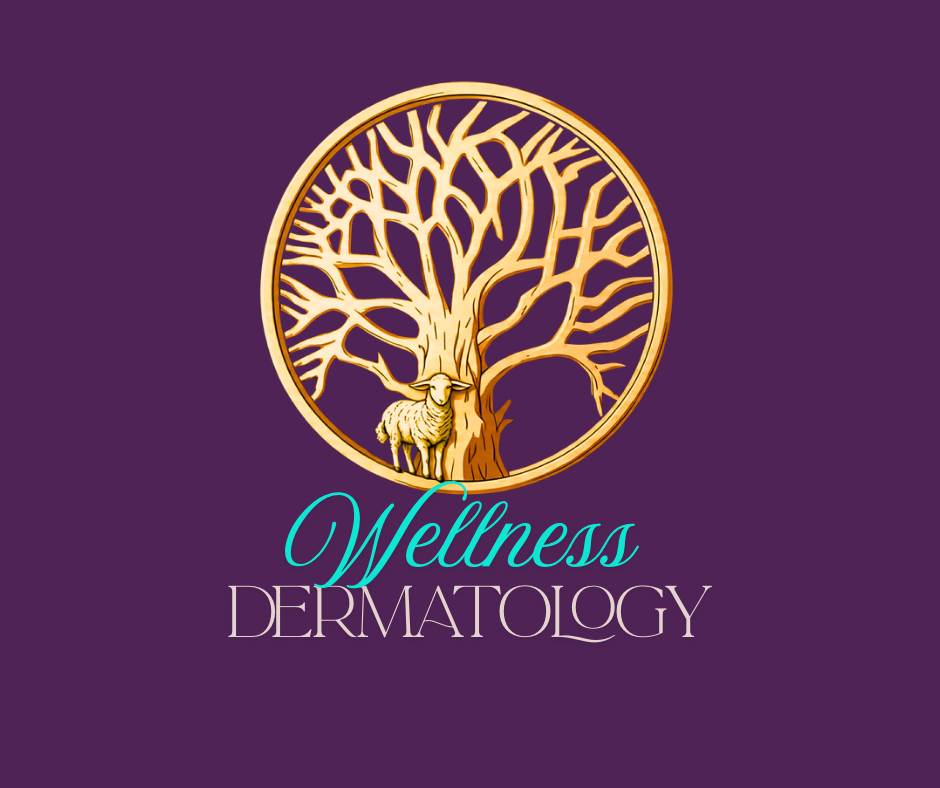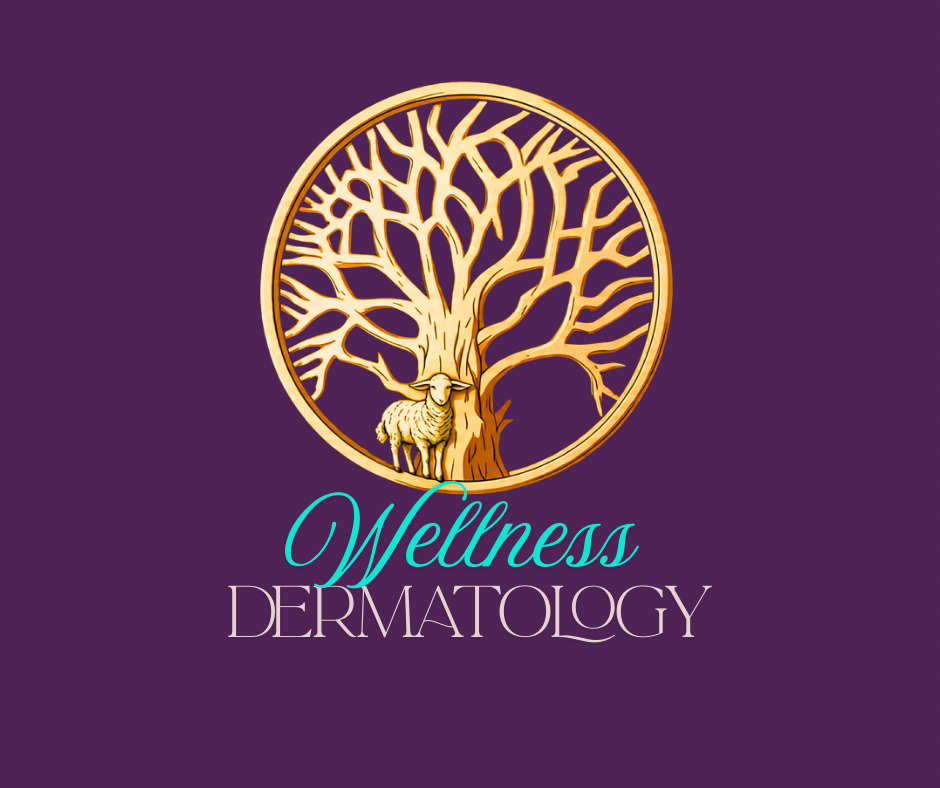Welcome to our comprehensive guide on repairing the skin barrier! Your skin's barrier is its first defense, protecting it from environmental aggressors, retaining moisture, and maintaining a healthy,radiant appearance. However, harsh weather, excessive cleansing, and certain skincare practices can compromise this crucial barrier, leading to various skin issues. Fortunately, there are steps you can take to restore and strengthen your skin barrier, promoting a healthier complexion. In this blog post, we will explore effective strategies and skincare tips to help you repair your skin's natural defense. Let's dive in and discover the path to revitalized and resilient skin!

Identify the Signs of a Compromised Skin Barrier
A compromised skin barrier manifests in various telltale signs indicating impairment. Dryness, where the skin feels tight, rough, and lacks moisture, is a common indication. Redness and inflammation may occur,causing the skin to appear irritated and sensitive. Flakiness and itchiness can also arise, resulting in discomfort. Furthermore, a weakened barrier may lead to heightened sensitivity to skincare products or environmental factors. In some cases, fine lines may become more noticeable as the skin loses its ability to retain moisture effectively. These signs collectively signify a compromised skin barrier needing repair and restoration.
Avoid Harsh Cleansers
To repair the skin barrier, it's crucial to steer clear of harsh cleansers. These products commonly contain strong sulphates, fragrances, and oils that can strip away the skin's natural oils and disrupt its delicate balance as well as clog pores. Instead, choose gentle, pH-balanced cleansers.These cleansers effectively cleanse the skin without causing excessive dryness or irritation. Look for cleaners labelled as "gentle" or"mild" and free from harsh sulphates and fragrances. Avoid scrubs or cleansers with exfoliants and avoid brushes, wash clothes or lufas. By selecting gentle products, you can protect and restore your skin barrier, promoting a healthier and more balanced complexion.

Moisturize Regularly
Regular moisturization is vital in repairing the skin barrier. Moisturizers help replenish moisture levels and reinforce the skin's protective barrier. We encourage you to choose moisturizers with nourishing ingredients such as ceramides, hyaluronic acid, glycerin, or shea butter. Ceramides, for example, help strengthen the skin barrier, while hyaluronic acid and glycerin attract and retain moisture, promoting hydration. Shea butter provides nourishment and aids in restoring the skin's suppleness. The best way to moisturize, ideally is after bathing, pat the skin dry, and while it is slightly still wet, moisturize the skin liberally.
Protect From Sun Damage
To repair the skin barrier effectively, it is crucial to prioritize protection from sun damage. Make sunscreen a daily essential in your skincare routine. Look for a broad-spectrum sunscreen that safeguards against both UVA and UVB rays. Ensure it has a minimum SPF of 30 for optimal protection. Use sunscreen on all exposed areas, whether sunny or cloudy,as UV rays can penetrate clouds; use every 2 hours when outside for long periods of time and re-apply after getting out of the pool. Consistent use of sunscreen prevents further harm to the skin barrier, reducing the risk of dryness, sensitivity, and premature aging induced by sun exposure. Safeguard your skin and maintain a healthier barrier by making sunscreen an integral part of your daily skin care regimen.

Avoid Over Exfoliation
To ensure the health of your skin barrier, it's important to exercise caution when it comes to exfoliation. While chemical exfoliation can benefit skin renewal, excessive mechanical (scrubbing) exfoliation can harm the barrier. Limit exfoliation to once or twice a week to maintain balance. Choose gentle exfoliants, such as mild chemical exfoliants containing alpha hydroxy acids (AHAs) or beta hydroxy acids (BHAs). AHAs aid in removing dead skin cells for a smoother complexion, while BHAs penetrate pores to unclog them. Caution should be used in using any exfoliator while you are on a retinoid or treatment regimen from your dermatologist. Checking with them is recommended. By choosing these milder options, you can minimize the risk of irritation and protect the integrity of your skin barrier during the exfoliation process.
Minimize Hot Showers or Baths
To protect the skin barrier, minimizing exposure to hot water during showers and baths is important. Hot water can strip away the skin's natural oils, leaving it dry and vulnerable. Choose lukewarm water instead, as it is gentler on the skin. Additionally, limit shower or bath time to avoid prolonged contact with water, which can further contribute to skin dehydration. This is especially true if this skin is not moisturized after bathing. Adopting these practices can help prevent excessive skin drying and maintain a healthier, more resilient skin barrier.

Incorporate Barrier - Repairing Ingredients
Incorporating skincare products with barrier-repairing ingredients can be highly beneficial to repair the skin barrier. Ceramides, for instance, help restore and strengthen the skin's natural barrier function. Niacinamide is known for its soothing and hydrating properties, while linoleic acid aids in maintaining the integrity of the skin barrier. Cholesterol acts as a moisturizing agent, replenishing lipids in the skin. Panthenol promotes skin hydration and repair, and peptides support collagen production. We recommend you look for skincare products containing these ingredients to aid in restoring and reinforcing their skin barrier effectively.
Avoid Irritants and Allergens
To safeguard and restore your skin barrier, it's crucial to steer clear of potential irritants and allergens. Certain skincare products, detergents, or environmental factors can trigger skin irritation and compromise the barrier's integrity. Be vigilant in identifying and avoiding these culprits contributing to skin issues. Choose fragrance-free skincare. Unscented products can still have masking fragrances. Additionally, limit exposure to extreme weather conditions and other known triggers for your skin. Taking these precautions to protect your skin barrier from further damage and facilitate its healing and rejuvenation.
Consult A Board Certified Dermatologist
If you face ongoing skin issues or severe skin barrier damage, it's crucial to suggest consulting a dermatologist. Board Certified Dermatologists are physicians (D.O. or M.D.) who completed an AOA or ACGME dermatology residency and passed the dermatology board exam. They specialize in all issues related to skincare, hair and nails, and can offer personalized advice based on individual needs. They can assess the skin's condition, identify underlying causes, and recommend specific treatments or medications to repair the barrier. Professional guidance ensures the most appropriate and effective solutions are tailored to their unique skin concerns, leading to optimal results and overall skin health.

Conclusion
Repairing the skin barrier is vital in achieving healthy,radiant skin. You can restore and strengthen your skin's natural defense by knowing the signs of a compromised barrier and following the right strategies. Avoiding harsh cleansers, moisturizing regularly with barrier-repairing ingredients, protecting your skin from sun damage, minimizing over-exfoliation, and being mindful of hot showers and baths are all essential. Additionally,seeking guidance from a board-certified dermatologist for persistent skin issues or severe barrier damage ensures personalized care and tailored solutions. Remember, a healthy skin barrier promotes a glowing complexion and protects your skin from external stressors, leaving you with resilient, beautiful skin for years. Prioritize the health of your skin barrier and enjoy the benefits of a revitalized, radiant complexion.

